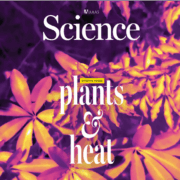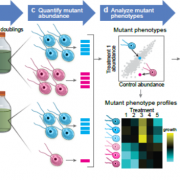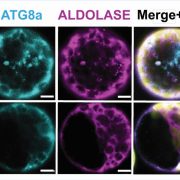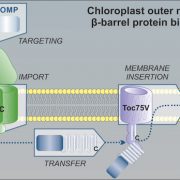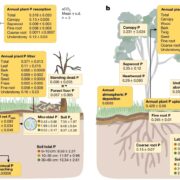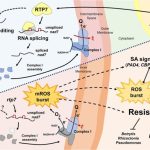The chloroplast protein biogenesis network at the ribosome during heat acclimation
By Raphael Tröscha, Fabian Riesb, Lisa Désirée Westrichb, Felix Willmundb, a Max Planck Institute of Molecular Plant Physiology, Am Mühlenberg 1, 14476 Potsdam-Golm, Germany; b Molecular Genetics of Eukaryotes, University of Kaiserslautern, Paul-Ehrlich-Str. 23, 67663 Kaiserslautern, Germany
Background: Anthropogenic climate change is already causing more frequent and severe heat waves that are threatening ecosystems. Plants cannot evade these unfavorable climate conditions and have developed survival strategies. One such strategy called acclimation is characterized by short-term adjustments of plant homeostasis to changing environmental conditions. Chloroplasts, the plant cell organelles harboring the photosynthetic machinery, are essential for the plant energy supply but are also particularly susceptible to heat damage. Due to their endosymbiotic origin, chloroplasts contain their own small genome that contains many genes involved in photosynthesis. Changes in the expression of these genes during heat exposure might contribute to acclimation.
Question: How is chloroplast translation affected during heat stress relative to transcript accumulation? Which factors in the ribosome interaction network are involved in these changes, facilitating acclimation?
Findings: Using the model green alga Chlamydomonas reinhardtii, we provide a time-resolved characterization of chloroplast gene expression changes at the transcriptional and translational levels in response to heat within a 24-h heat exposure kinetics analysis. Furthermore, we combined this analysis with the identification of proteins differentially interacting with ribosomes under heat and control conditions. The main regulatory drivers during heat acclimation of the chloroplast appear to be translation and co-translational processes at the ribosome. We found a specific translational downregulation of chlorophyll a-binding photosynthesis proteins during the first phase of heat acclimation, which was reversible after three hours. We show evidence that co-translational supply of cofactors as well as protein complex assembly might be key modulators of heat acclimation in chloroplasts.
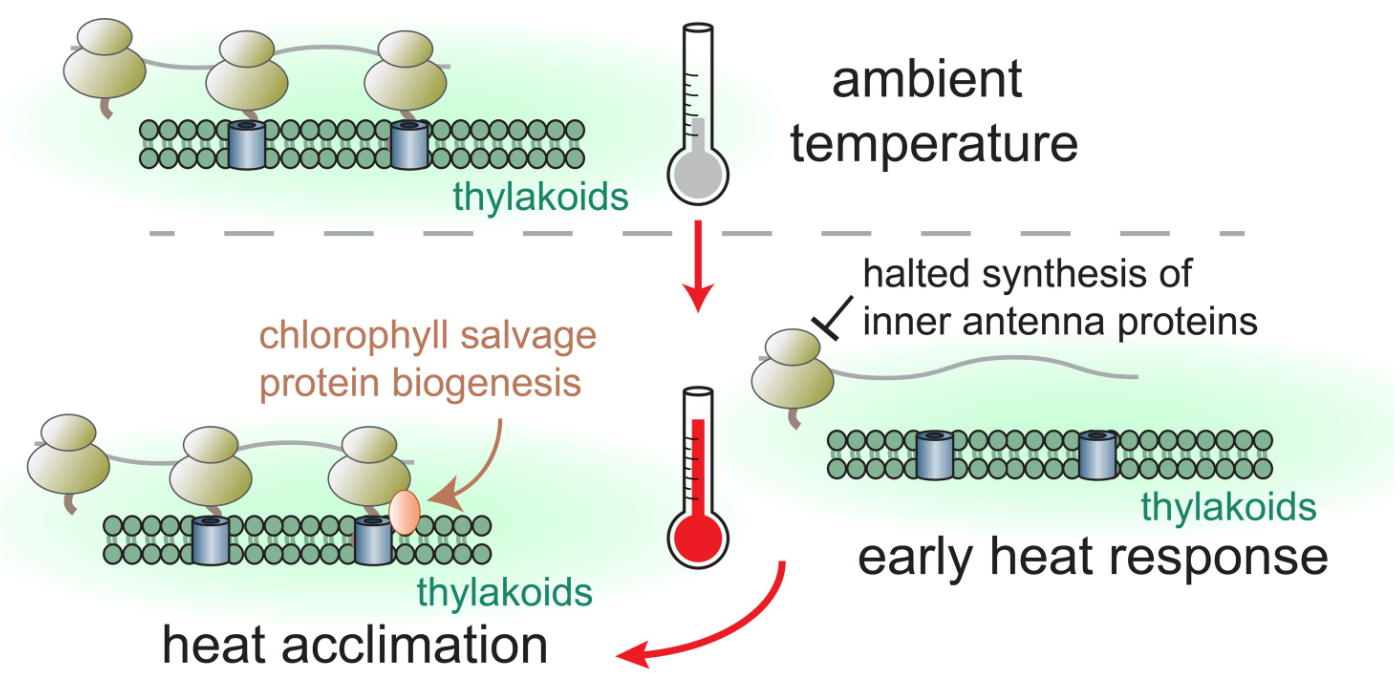
Next steps: Starting from this global view, the exact mechanistic details of these translational and co-translational processes need to be examined in future studies. Since our results are transferable to tobacco, we hope that our study will allow the plant community to identify new targets for the design of heat-tolerant crop plants.
Reference:
Raphael Trösch, Fabian Ries, Lisa Désirée Westrich, Yang Gao, Claudia Herkt, Julia Hoppstädter, Johannes Heck-Roth, Matthieu Mustas, David Scheuring, Yves Choquet, Markus Räschle, Reimo Zoschke and Felix Willmund. (2022) Fast and global reorganization of the chloroplast protein biogenesis network during heat acclimation https://doi.org/10.1093/plcell/koab317


